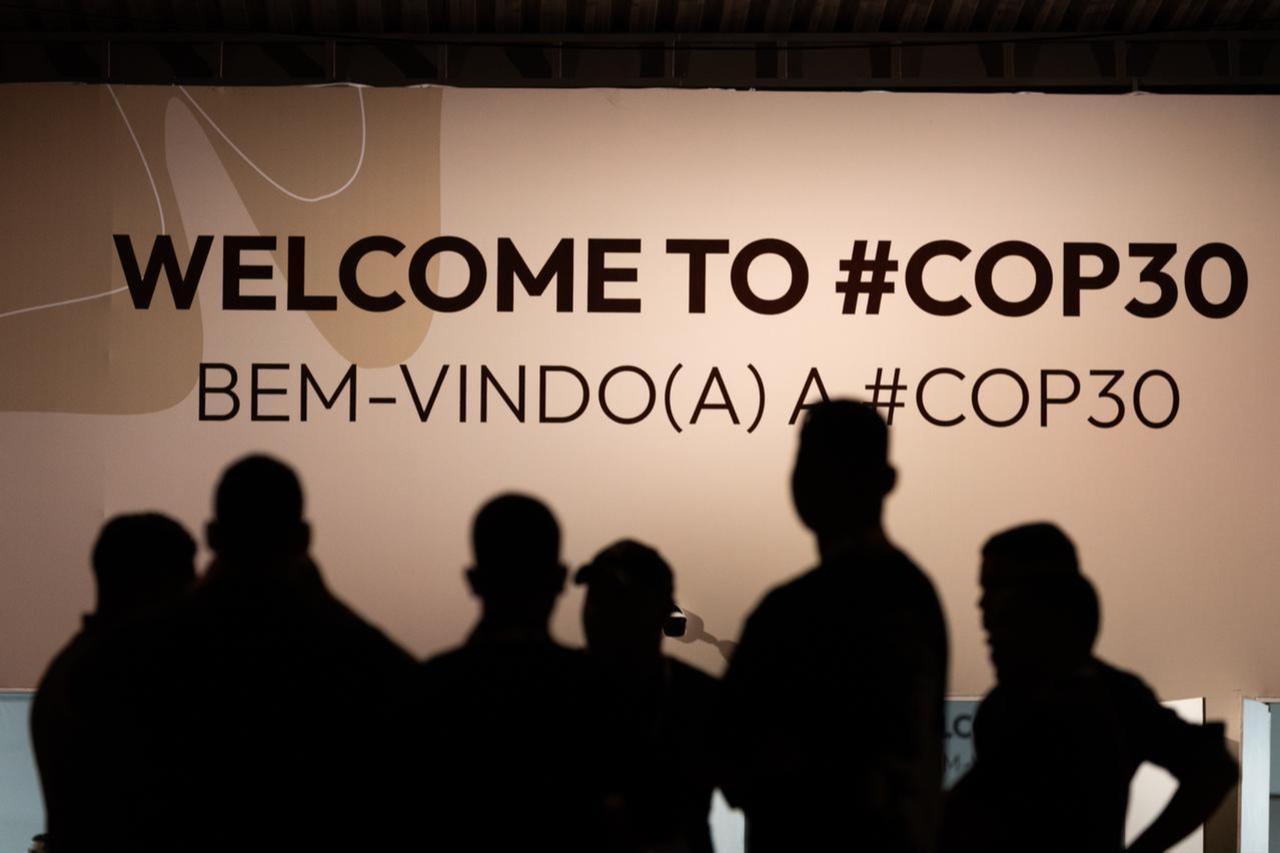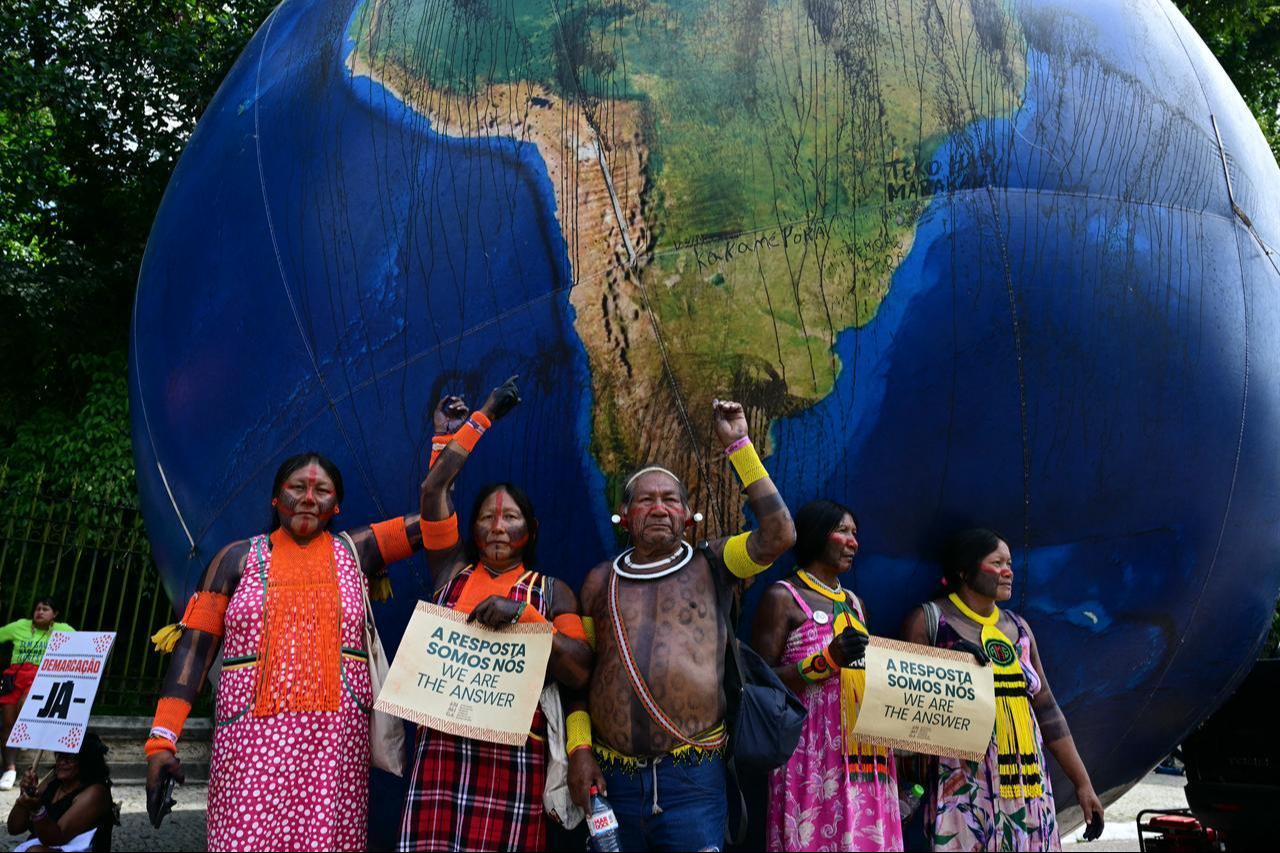
Brazil, host of the COP30 United Nations climate summit in Belem, circulated a draft agreement on Tuesday that presents multiple options on core climate issues. The nine-page document—titled the "Global Mutirao," referencing a term for collective effort—proposes new approaches to emissions monitoring, adaptation finance, and trade cooperation.
The text was released after Brazil called on delegates to work intensively to reach an agreement by midweek. Negotiators from nearly 200 countries are expected to review the proposals before the scheduled conclusion of the talks on Friday.
One of the draft’s key proposals is to triple the amount of financial support from developed to developing countries for climate adaptation by either 2030 or 2035, reflecting a longstanding demand from lower-income nations seeking assistance to manage the impacts of climate change.
The proposed increase in funding remains subject to negotiation, with varying views on feasibility and timelines across country groups.
The draft offers multiple paths on the subject of fossil fuel dependency. These include a high-level ministerial roundtable to discuss ways countries could gradually reduce reliance on fossil fuels, a technical workshop focused on low-carbon alternatives, or no language on the issue.
The inclusion of varied options suggests continuing divisions over whether to formally address fossil fuel phaseout in the final agreement.

Another proposal would alter the frequency of national climate pledge assessments. Currently reviewed every five years, the new text puts forward the possibility of shifting to an annual review system. Supporters of the proposal argue that more frequent assessments could improve transparency and accelerate global emissions reductions.
However, the idea remains under consideration, with concerns raised over the administrative workload such a change might entail.
The draft also touches on trade-related issues, which have emerged as a focus at COP30. Among the four proposals included is the option of convening a United Nations Secretary-General-led summit on climate trade disputes.
These proposals follow calls from countries including China to reassess unilateral trade measures, such as the European Union’s carbon border adjustment mechanism, in the context of global climate efforts.
The COP30 summit is scheduled to end on Friday, following nearly two weeks of negotiations. Although past conferences have often extended beyond their official closing dates, the early release of a structured draft may support efforts to conclude discussions within the designated timeframe.
Delegates are expected to continue working through the week to find common ground on the most debated elements of the draft, including the financial timeline, fossil fuel language, and proposed emissions review mechanisms.